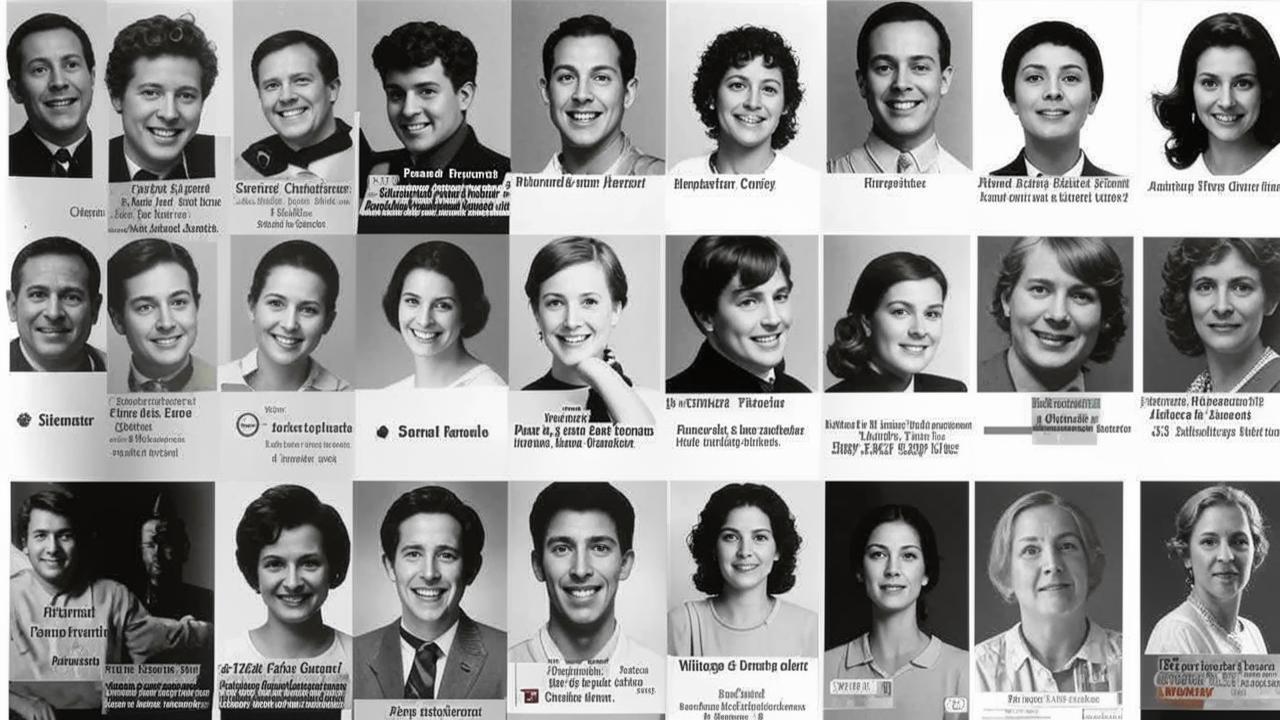More and more often you can hear the abbreviation “HGV” from the mouths of young people. It is applied to opponents who behave defiantly, arrogantly. They express opinions dismissively, assessing their abilities not always objectively, considering themselves specialists in many fields.
Let’s find out what is the peculiarity of PSB? Is there any positive aspects in it? And how can the feeling of self-importance can harm your self-esteem?

What is self-esteem?
A sense of self-importance is an assessment of oneself and one’s abilities in relation to others. It can be formed correctly and correspond to acquired skills. Sometimes to be underestimated or overestimated. The difficulty arises precisely when a person biasedly assesses the character, experience and acquired knowledge, passing all this through the prism of exclusively his own views and expectations. In this case, PSV can be described as an illusion, a desire to pass off a dream as reality.
In youth slang, the concept is used in a negative context. People with a sense of self-importance are characterized as arrogant, selfish, arrogant. According to others, they require constant attention, admiration and creation of comfortable conditions for themselves.
The concept was first used in his works by the American philosopher and anthropologist Carlos Castaneda. He noted that such a feeling is not in favor of human development, detaches from life.
In the work “Separate Reality” Castaneda gave an artistic description of the concept: “A sense of self-importance makes a person hopeless: heavy, clumsy, empty.” In his opinion, PSV prevents us from objectively assessing our abilities and seeing the essence of processes.
Signs of self-importance
According to the following characteristics it is possible to immediately identify an opponent with an inflated and high CHI.
1. Sets ambitious impossible plans
A person with a high IQ will boast that in the near future he will run a marathon for several kilometers, write a bestseller, take a prize at the Olympics. At the same time, he himself does not know how he will achieve such results. Inwardly, people with excessive self-esteem believe that they have the right abilities and that any endeavor is bound to bring success.
2. Do not thank others for their help
A person with an inflated sense of entitlement believes that any help from the outside is a prerequisite for their life. They do not appreciate the time and effort that was spent on them.
3- Demands attention and encouragement
A person with a high CHI believes that everyone around him should thank him for his advice, evaluations and actions. He cannot soberly assess the amount of work done and encouragement for the result.

Causes of the appearance of hCV
Like any other characteristics, the formation of a sense of self-importance is influenced by events and emotions that occurred in childhood. External conditions in which the child grew up, the way he was treated by loved ones, is one of the main reasons for the development of the inability to objectively assess their skills.
If children are treated disrespectfully from an early age, not listening to the opinion, underestimate their abilities and make excessive demands, it is likely that they will develop a low PSV. A child raised in an environment of flattery, constant praise, will develop that very negative feeling. He will not be able to learn to objectively evaluate his successes and failures.
Why can hESV harm children?
In order not to be excruciatingly painful to correct self-esteem problems in adulthood, it is worthwhile to understand how it affects children. It is at a young age, you can lay a strong foundation of adequate analysis of their skills and abilities.

Äripsühholoog, kliiniline psühholoog "Dr. Anikina kliinik"
“The notion of hCV is dangerous for the formation of an immature personality. It can have different levels – from underestimated to overestimated. Adequate HSE is an important part of a healthy self-esteem. But it is important to be able to find this boundary – to objectively assess your abilities and stop praising yourself”.
Teenagers are often prone to feelings of self-importance. They want to assert themselves in society and put an “invisible crown” on themselves. Teenagers decide that those around them are inferior to them in all respects. Only they are worthy of all the best, including respect, recognition, love, etc. The nuance is that other people suffer from this. In everyday communication with friends, an unformed personality constantly emphasizes attention and lives in the illusion that everyone owes her.
A small victory turns into humiliating others and praising themselves. Often their victims are those who in the team did not win the proper position. Ridicule, bullying and even coercion are used. Such a person constantly talks about himself and reluctantly listens to others. Restrictions and prohibitions do not exist.
When a teenager with HGV sets himself another goal to assert himself, he acts as follows: he expects others to do everything for him, humiliates others.
From the outside it may seem that a person with a sense of self-importance suffers from inflated self-esteem, but it is not so.
Overestimated self-esteem – is not a positive phenomenon, but, unlike PSV, has positive aspects. It gives a clear understanding of their capabilities, awareness of strengths and weaknesses, the desire to achieve goals through their own efforts, respect for the winner, the desire to work harder after defeat.

Adequate self-esteem includes a realistic perception of one’s abilities and shortcomings. It is important to clarify that not all adolescents are prone to HIS. This can be due to a variety of factors, including upbringing, social environment, and personality traits.
HIP is devoid of these. A person is unwilling, not ready to see and recognize his limitations and shortcomings. He has to get everything at the snap of his fingers. In this regard, unhealthy egoism and narcissism are formed, which when entering adulthood greatly hinder.
Most teenagers are subject to this new phenomenon. This is a consequence of the fact that behind the shoulders of minimal experience of living difficult situations and a natural desire to explore different behavioral tactics. It is not terrible if a teenager in a conflict situation with his peers decides to use hESV. This will keep the psyche safe from negative factors and increase self-esteem.
Many teenagers are in an outcast situation and are overly insecure. They are withdrawn, anxious and indecisive. Fear of showing themselves in the collective inhibits and prevents self-realization. For them, and can become a push to action and increase self-esteem. The main thing is not to play and in time to return to an adequate sense of self.
How to help a teenager painlessly cope with hCV?
A favorable climate in the family, sports and hobbies help a teenager painlessly live the crisis of the CEI. After all, even in prosperous families, children tend to try on themselves new trends. Often to blame for this are “successful” personalities from the Internet. Teenagers want to imitate them, as they see that through selfishness, pathos and humiliation can achieve success.
The support of loved ones and visible results of their own efforts help to form a healthy self-esteem, to see the cause-and-effect relationship of many phenomena. But it also happens that parents themselves provoke the development of exalted behavior. For example, this is facilitated by such phrases: “All fools, but you are good!”, “Teachers do not understand anything, you have done everything right!”, “Your needs are higher than all others!”. In this case, the adult needs to rethink his or her behavior.
Parents can help to develop an adequate self-esteem in adolescents by providing support and positive attention.

It is now fashionable to give happy childhoods. Unfortunately, many people distort this notion and think that its meaning lies in the complete absence of negative situations in a child’s life. When praise, bring everything on a platter and shield from difficulties, narcissism is born. The child does not need anything, because he is the best at everything.
Difficulties arise when he has to face the inevitable. Suddenly comes the realization that he is nothing of himself: much does not know how to react to aggression, how to live through failures. It is hard for a teenager, because on the one hand he is the best, and on the other hand – no different from others.
That is why even in childhood it is important to teach to communicate, to lose, to win by their own efforts, to improve skills. Versatile experience helps to form an adequate self-esteem, in which CHE will not become a problem.
PEACE is a trend that will soon lose its relevance. But while it is at the peak of popularity, it is important for parents to pay attention to the behavior of children and react in time.






